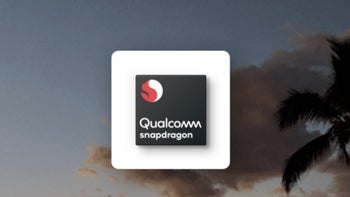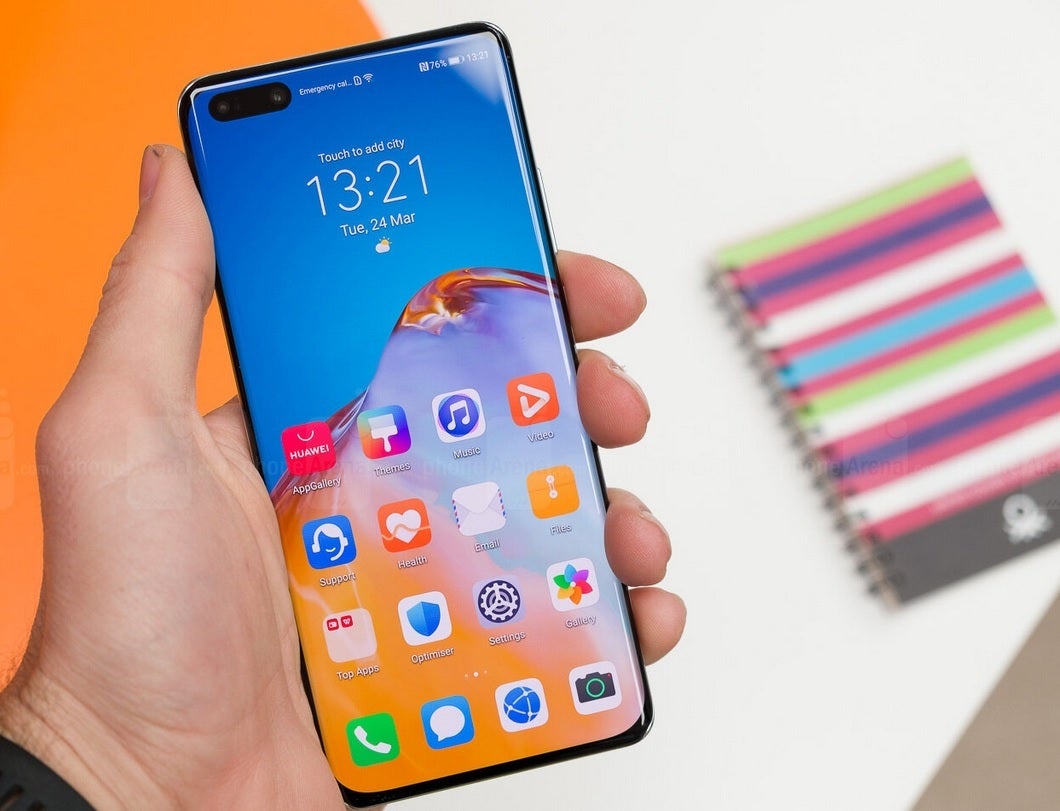Huawei's 2021 flagships could be powered by Snapdragon chips says one analyst

With the U.S. Commerce Department cracking down on Huawei once again, it is now up to the U.S. government to decide whether or not Huawei can receive cutting-edge chips from foundries like TSMC. The new export rule change requires that any foundry shipping chips made using U.S. technology obtain a license before shipping components to Huawei. The U.S. is allowing Huawei to take possession of any chips produced from wafers currently in production as long as they are shipped no later than September 14th. This should allow Huawei to secure enough 5nm Kirin 1020 chipsets for the Mate 40 line later this year.
One analyst expects Huawei to use Snapdragon chips for the next year's P50 and Mate 50 phones
But what happens in 2021 when Huawei needs 5nm chips for the P50 series? The company has already turned over some of its business to China's largest foundry, SMIC. However, the most cutting-edge chip that SMIC can produce at the moment uses the 14nm mode. Recently, Huawei announced its first SMIC manufactured chip, the mid-range Kirin 710A. SMIC is said to be working on the 7nm and 8nm process modes but has been hamstrung by the lack of advanced lithography equipment. This is the gear used to mark up wafers to determine the placement of transistors. For SMIC to get down to 5nm. it is going to need two things: time and advanced lithography equipment.

Huawei's current P40 Pro flagship is powered by the Kirin 990 5G chipset
So SMIC is out as far as 2021 is concerned, but Huawei has other options. According to Barron's, KeyBanc Capital Markets analyst John Vinh says that Qualcomm will end up supplying its Snapdragon chipsets to Huawei for the P50 and Mate 50 next year. The San Diego based chip designer would need to apply for a license from the Commerce Department’s Bureau of Industry and Security. Vinh believes that such a request would be granted and that Qualcomm would enter into a patent license agreement with Huawei. Qualcomm has been trying to sell Huawei its 5G modem chips.
The million-dollar question here is why would the U.S. grant a license to Qualcomm to sell its chips to Huawei?. The KeyBanc analyst has an answer. He says, "Many of the restrictions put in place against Huawei are designed to protect national security threats posed by 5G communications/network infrastructure and military applications, whereas we don’t believe consumer smartphone devices are being targeted." Vinh says that since it is a U.S. company, giving Qualcomm a license would benefit the country.
If Qualcomm is unable to obtain such a license, Vinh says that the company still stands to benefit anyway from the additional market share that companies like Xiaomi, Oppo and Vivo would pick up at Huawei's expense. All three already are Qualcomm customers and would need to order more chips to account for any new business that they pick up.
Qualcomm, like Huawei's HiSilicon unit, is fabless which means that it does not own the facilities required to manufacture chips. Like Apple, MediaTek, and other firms, HiSilicon relies on TSMC to churn out the chips that it has designed. Vinh says that as a result, Qualcomm could end up the surprise winner from the Commerce Department's latest rule change.
Even though it has already been banned from accessing its U.S. supply chain, Huawei still managed to ship 240 million smartphones last year. That total was 35 million or 17.1% higher than the 205 million phones it delivered in 2018. At the same time, Huawei managed to leapfrog over Apple to become the second-largest phone manufacturer in the world after Samsung.
Huawei's current flagship phone line is the photography-based P40 series which is powered by the company's HiSilicon Kirin 990 5G chipset. This chip is manufactured by TSMC using its 7nm process node.













Things that are NOT allowed: